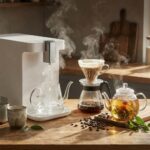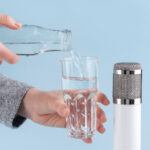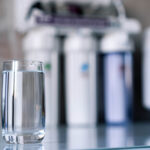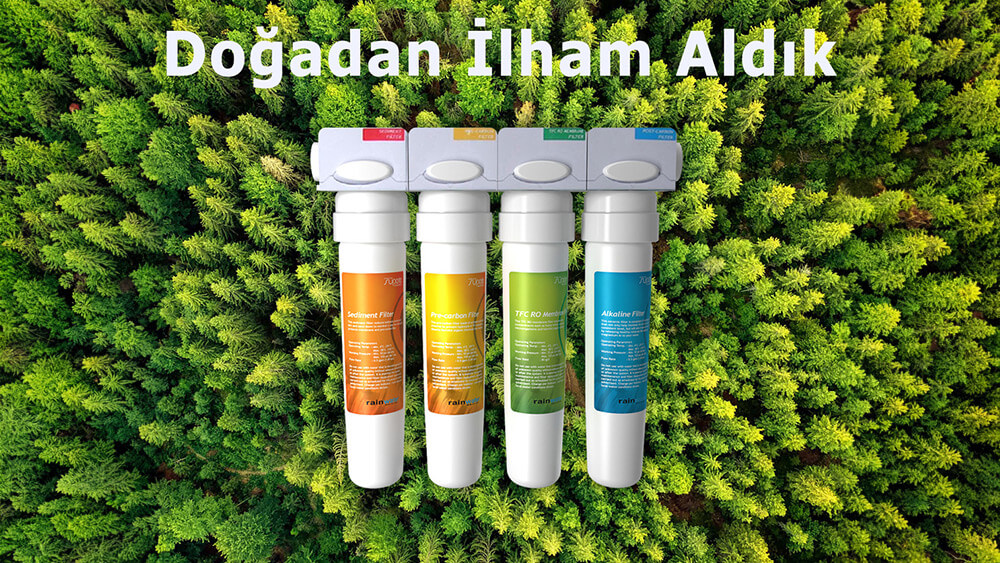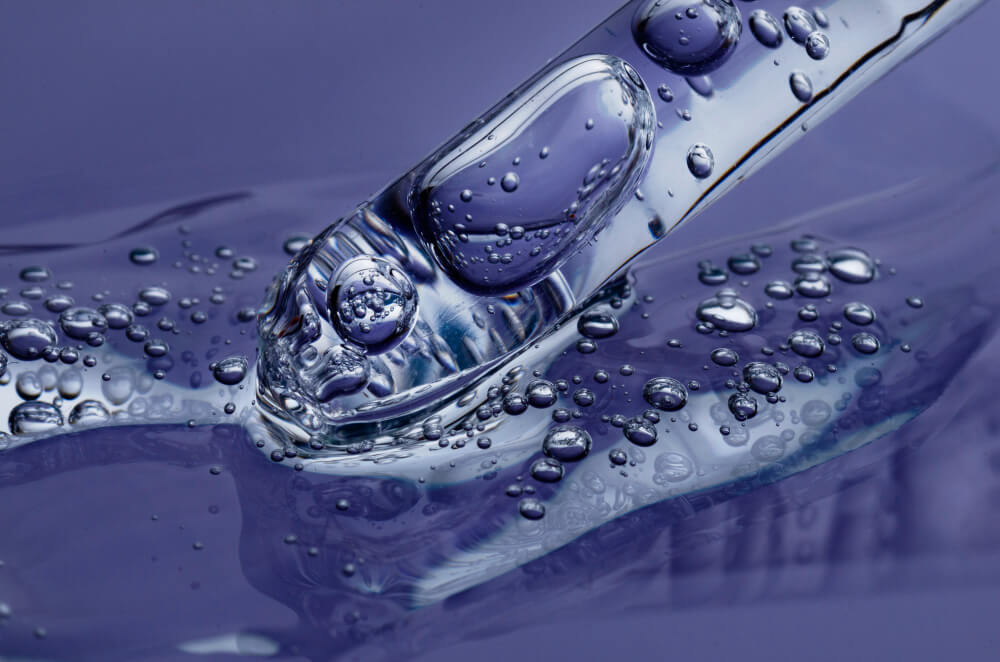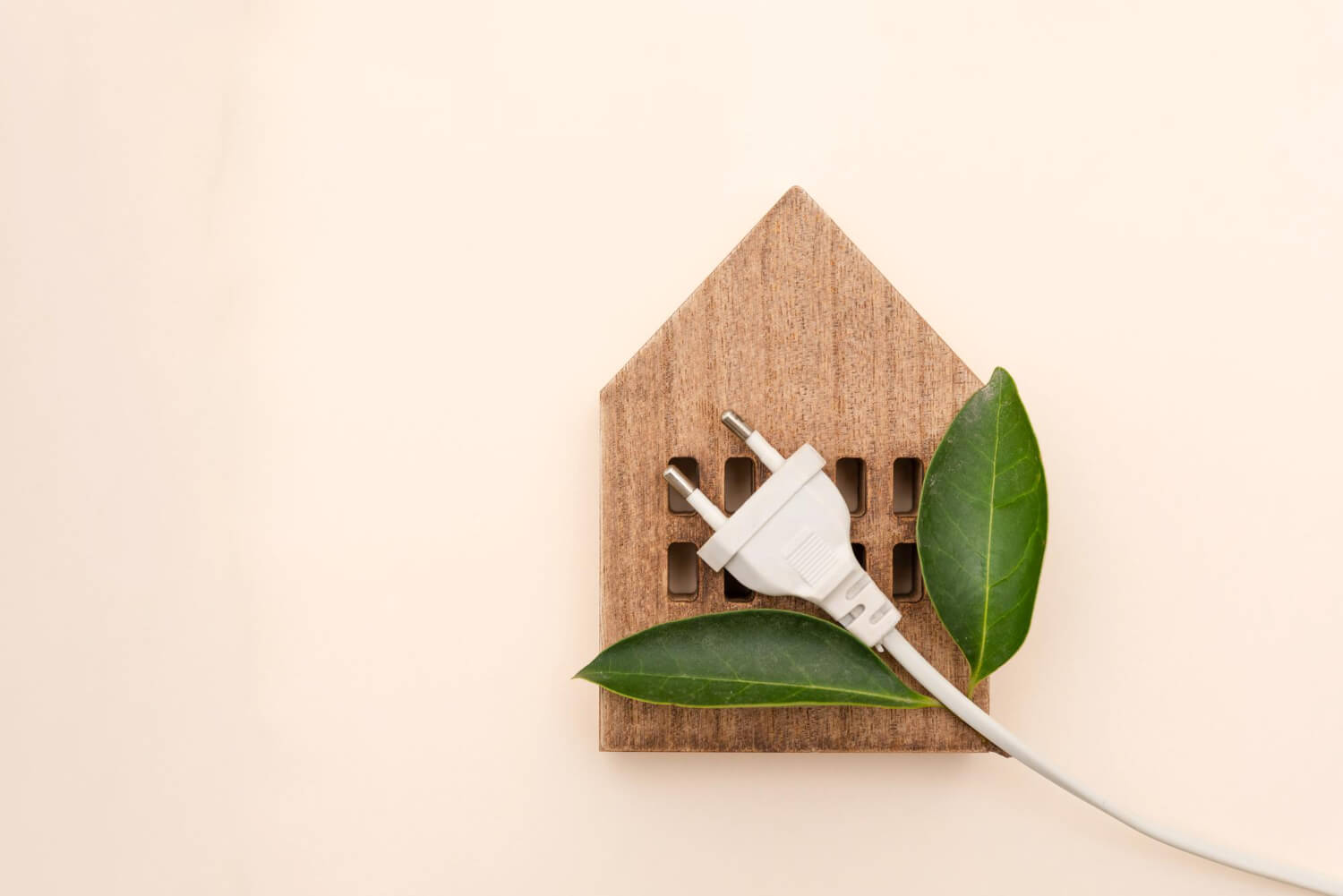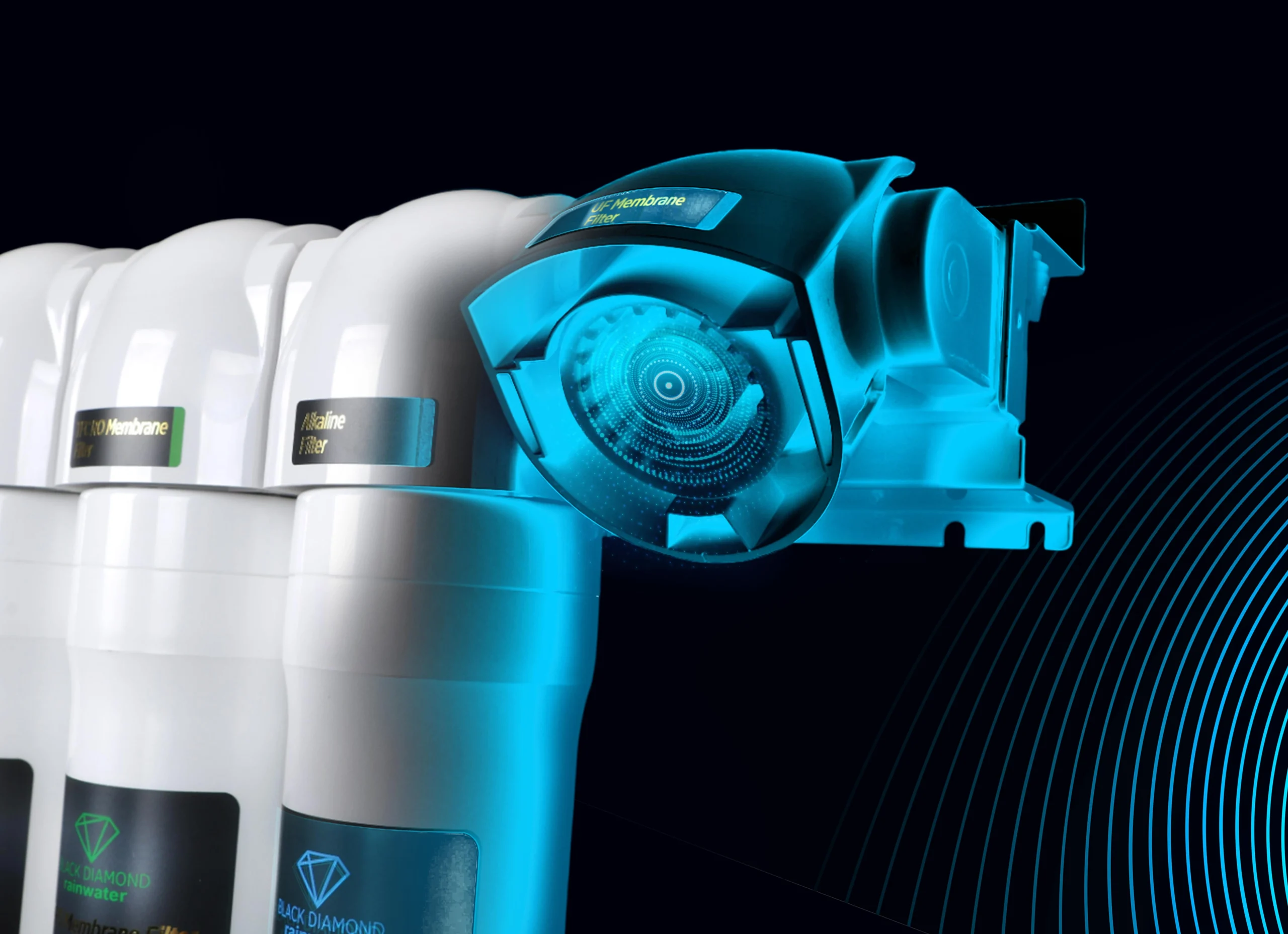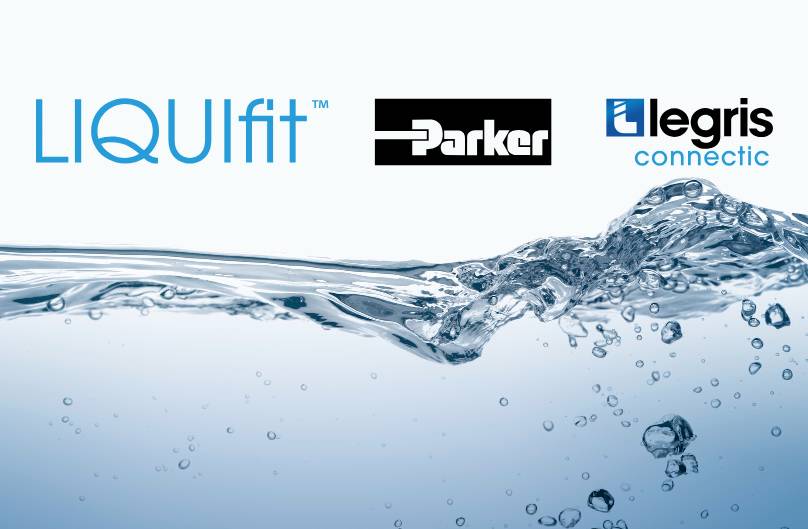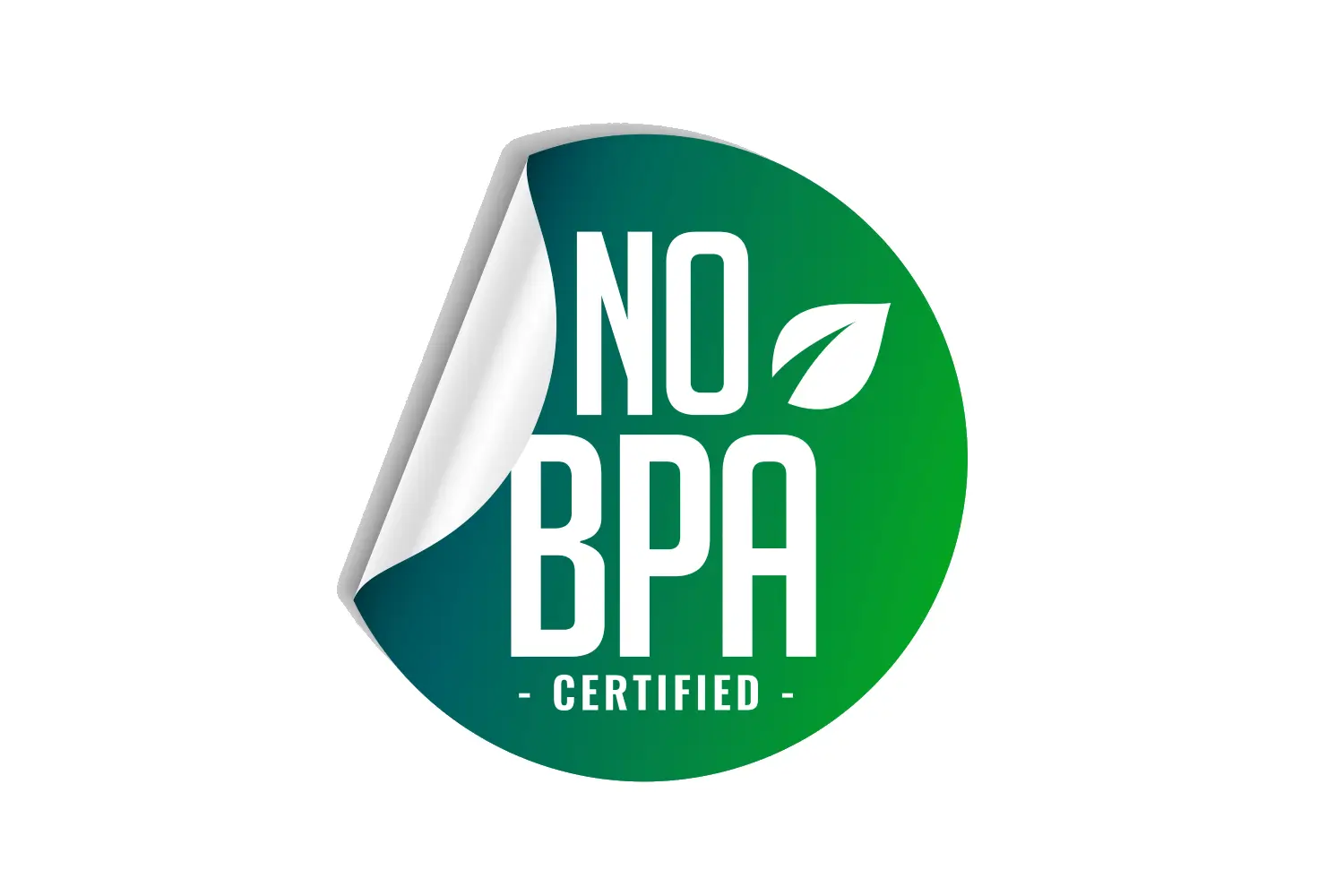Chemicals contained in many plastic products used in daily life can cause adverse effects over time. One of the most common of these substances is Bisphenol A, known asBPA. This substance, which can be used in a wide range of areas from water bottles to food containers, can enter the body unknowingly and pose a risk in the long term. Getting the right information about BPA is very important to gain healthy living habits.
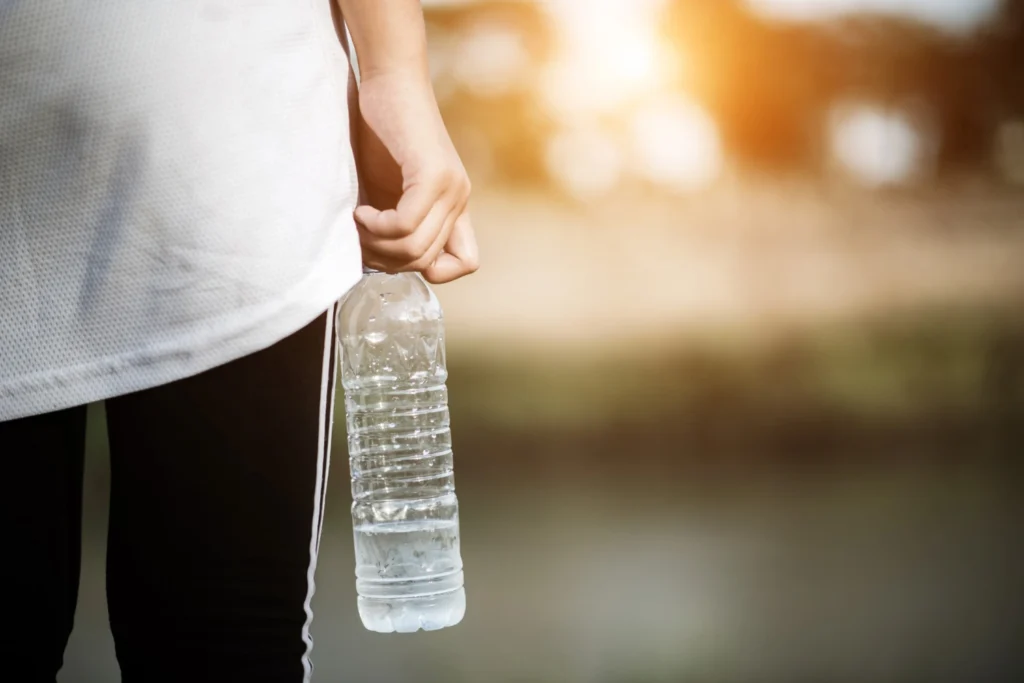
What is BPA?
When one wonders “What is BPA?”, one may think that this substance is just a chemical compound. However, it is not. BPA is also a substance frequently used in modern life. BPA is used to protect the hard structure of polycarbonate plastics and to increase the durability of epoxy resins. It can be found in most food packaging, carboys and some kitchen utensils.
BPA is generally harmful to human health. The main reason for this is that this chemical can pass into food and beverages. Temperature, prolonged contact and the use of low quality materials can accelerate this transition. Especially the exposure of children and pregnant women to this substance can lead to much more critical consequences.
Research on BPA in the scientific world has revealed that this compound has hormone mimicking properties. In other words, it is classified as a chemical that can cause negative effects on the endocrine system. Therefore, it is constantly kept on the agenda by health authorities.
What Does BPA Free Mean?
The termBPA Free, which consumers often see, indicates that Bisphenol A is not used in the production of the product. Such products are especially preferred for baby bottles, food storage containers and water bottles. Because BPA-free materials do not carry the risk of chemical transition even if they come into contact with heat.
Writing “BPA Free” on a product gives confidence to the consumer. However, this statement does not always mean one hundred per cent safety. Because manufacturers can use different chemicals instead of BPA. The long-term effects of these substances are also investigated. Therefore, the consumer should pay attention not only to this phrase, but also to the quality of the product and the reliability of the manufacturer.
Such signs are valuable in terms of increasing consumer awareness. Individuals who want to make a health-oriented choice are aware that they make a conscious choice when they see these labels.
What are BPA Hazards?
The effects of BPA on the human body have been examined in various scientific studies. Most findings show that BPA has an effect on hormone balance. This can cause many health problems. The prominent harms of this substance are listed below:
- It has a disturbing effect on hormone balance.
- It can have negative consequences on fertility.
- It can weaken the immune system.
- May pose a risk to cardiovascular health.
- There is evidence that it may increase the risk of cancer.
The effects may vary according to the intensity and duration of exposure. Nevertheless, experts state that it is healthiest to avoid this chemical as much as possible.
Is There BPA in Pet Bottles?
PET bottles, which we often see in supermarkets, are usually made of polyethylene terephthalate (PET). In most cases, these bottles do not contain BPA. However, some low-quality or counterfeit production may pose a risk. Therefore, bottles from reliable manufacturers should be preferred.
Pet bottles are designed for single use, so reuse is not recommended. The risk of chemical leakage increases when exposed to sunlight or prolonged exposure to hot environments. Therefore, the best approach is not to fill and use the bottles repeatedly.
Choosing glass bottles instead of plastic bottles for daily consumption is an effective way to reduce BPA exposure. Health authorities also recommend glass or stainless steel bottles as safer options.
Is There BPA in Carboys?
Since the carboys commonly used in water consumption are made of polycarbonate material, they mostly contain BPA. This chemical, which can pass from the inner surface of the carboy to the water, especially when used for a long time, can be considered risky for human health.
This risk increases even more when carboy water is kept in hot environments. Carboys left under the sun in the summer months accelerate BPA migration. It is therefore of great importance to store the water in a cool and shady place.
Some companies have turned to the production of “BPA Free carboys”. People who care about their health should choose a reliable brand and make sure that the water is stored in healthy conditions.
How to Avoid BPA?
The measures that can be taken to reduce BPA exposure are quite simple. Firstly, glass and stainless steel products should be preferred. Disposable plastic bottles should not be reused, carboys should not be kept under the sun. You can also consume BPA-free and safer water with Rainwater water purifier types.
It is also important not to heat food in plastic containers in the microwave. Because the chemical transition rate increases with the effect of heat. Glass or porcelain containers should be used instead.
Paying attention to the phrase “BPA Free” on the labels and preferring reliable brands is a useful habit for a healthy life in the long term. In this way, individuals can protect both themselves and their children.
How is BPA Excreted from the Body?
The complete elimination of BPA from the body is a process that can take time. Metabolism can partially excrete this chemical through urine. According to research, regular fluid consumption has an accelerating effect on this process.
In order to purify the body from BPA, drinking plenty of water and including fibre foods are beneficial for the body. Especially vegetables and fruits can support the faster removal of chemicals by creating a detox effect.
Regular exercise also facilitates the removal of toxins through sweating. Including healthy living habits in the daily routine helps to minimise the effects of BPA.
What is the Safest Way to Drink BPA Free Healthy Water at Home?
The most effective way to guarantee healthy water consumption in everyday life is to use a reliable purification system. Simple filter jugs used at home may be insufficient to eliminate the risk of BPA. More advanced systems should be preferred.
Purified water stored in glass bottles in the home environment is a safe option. Thus, both chemical risks are avoided and more natural water is consumed. It is of great importance that the equipment used is BPA-free as well as the reliability of the water source.
Consumers can reduce their dependence on carboys and pet bottles with Rainwater’s quality water purifiers. Thus, a healthier water consumption habit is gained in daily life.
What are the Most Effective Filter Systems for BPA-Free Water?
Filter systems are very valuable for a life free from BPA risk. Reverse osmosis systems used in homes convert water into its purest form. This eliminates chemical risks to a great extent. Carbon filters promise a more enjoyable drink by eliminating taste and odour problems in water. The systems that can be preferred for BPA-free water are as follows:
- Reverse osmosis filters
- Carbon filters
- UV light disinfection systems
- Ceramic filters
These systems can be preferred according to different needs. For example, high-capacity reverse osmosis devices are suitable for large families, while compact carbon filters can be functional in small households.
Rainwater, which is among the reliable water treatment brands, offers safe solutions to its users with advanced filter systems that support healthy water consumption without BPA. Thus, both carboy dependency is reduced and daily water consumption becomes safer in terms of health.

 TR
TR
 Blog
Blog 